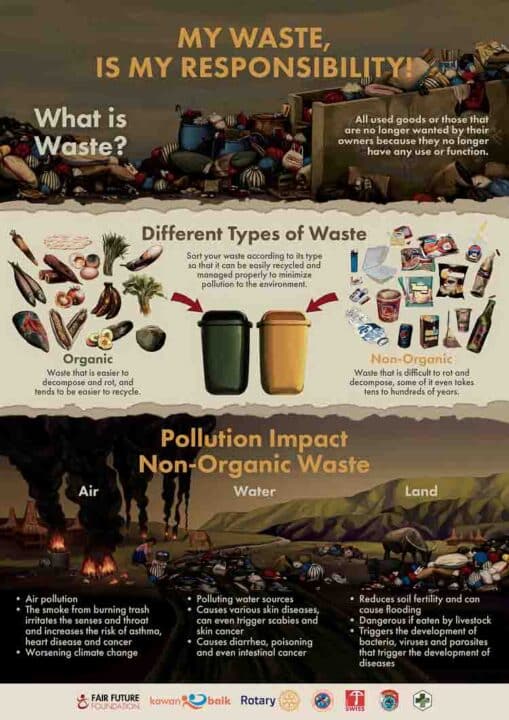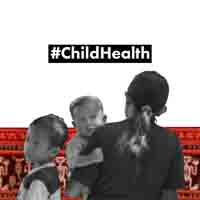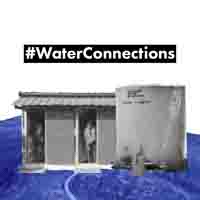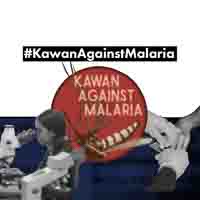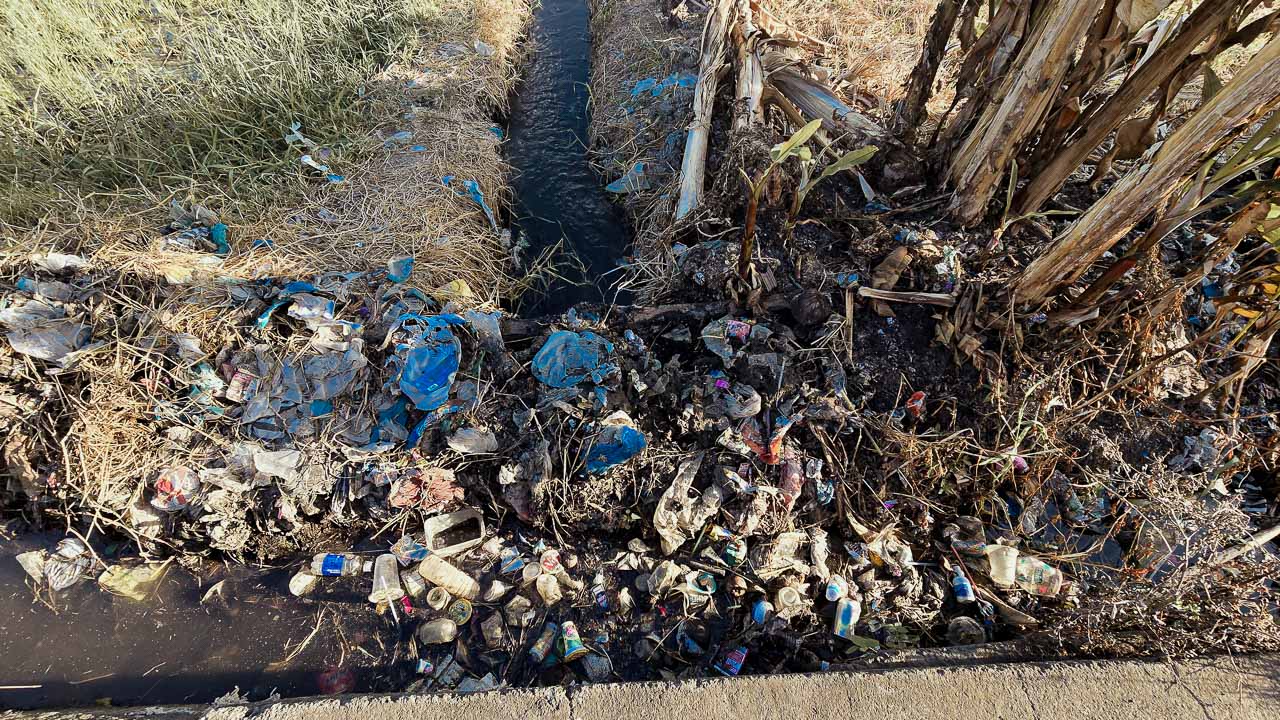How Waste Mismanagement Endangers Health and the Environment in Rural Communities
#PlasticBagFreeDay – Pollution from waste is fueling disease and environmental collapse in Indonesia.
New Initiative: Waste Management and Public Health
“My Waste, My Responsibility!” This impactful message is at the heart of our new campaign, which aims to raise awareness about waste management and recycling. Set to launch in March, it will be a key initiative within the Primary Medical Care program.
Indonesia ranks among the world’s most polluted countries. Every day, vast amounts of plastic, organic waste, and toxic debris are indiscriminately introduced into rivers, forests, rice fields, and oceans, without consideration for their harmful effects on both health and the environment. In highly rural areas, where there is limited knowledge of proper waste management practices, people often dispose of garbage in their immediate surroundings, where they live, eat, and drink. Efforts by authorities and educational institutions to raise awareness or introduce effective solutions have been notably inadequate.
Our latest post aims to highlight the devastating impacts of waste pollution, with a focus on non-organic waste that can take decades to centuries to decompose.
The Lethal Health Consequences of Ineffective Waste Management
Air Pollution: Incinerating waste emits toxic fumes that contribute to respiratory diseases, asthma, heart conditions, and even cancer. Globally, air pollution is associated with over 7 million premature deaths annually. Please read our article about Air pollution here.
Contaminated Water: Toxic waste infiltrates sources of drinking water, leading to skin diseases, diarrhoea, poisoning, and even colorectal cancer. Over 1.8 billion people worldwide consume contaminated water. (Ref: Contaminated Water articles)
Soil degradation: Waste diminishes soil fertility, increases flooding risks, and spreads harmful bacteria, viruses, and parasites that can cause deadly diseases.
Diseases caused by pollution were responsible for about 9 million premature deaths, or 16% of all deaths worldwide. That’s three times more deaths than those caused by AIDS, tuberculosis and malaria combined and 15 times more deaths than those caused by all wars and other forms of violence. Mind-blowing, right?
A Plea for Immediate Measures
We must take immediate action. Raising awareness alone is insufficient; we need a fundamental change in how people manage waste. Disposing of trash indiscriminately is unacceptable. We urge the government and educational institutions to implement waste management education and develop the necessary infrastructure urgently.
With the assistance of the Kawan Sehat health agent, we will disseminate these urgent messages throughout Indonesia’s most remote villages to safeguard the health of its most vulnerable communities.
We need your support! Please share this message to raise awareness and help us advocate for real change before it’s too late. Together, we can prioritise waste management and save lives! #PlasticBagFreeDay
Today, February, the 3rd of July, 2025 – Alex Wettstein
List of Related Organizations with Hyperlinks
- World Health Organization (WHO) – WHO highlights the link between pollution and deadly diseases, emphasizing urgent global action.
- The Ocean Cleanup – Tackling plastic waste in oceans, preventing toxic pollution from spreading to communities.
- UNEP – United Nations Environment Programme – Advocating for cleaner environments and policies to mitigate waste pollution.
- Greenpeace – Campaigning against plastic waste and industrial pollution harming human health.
- Break Free From Plastic – A global movement calling for systemic solutions to the plastic waste crisis.
- Last Mile Health – Bringing healthcare solutions to rural communities affected by pollution-related illnesses.
- Rotary International – Supporting clean water and waste management projects worldwide, including Fair Future’s initiatives.
- WaterAid – Addressing clean water access, which is directly impacted by poor waste disposal.
- International Solid Waste Association (ISWA) – Advocating for sustainable waste management policies worldwide.



